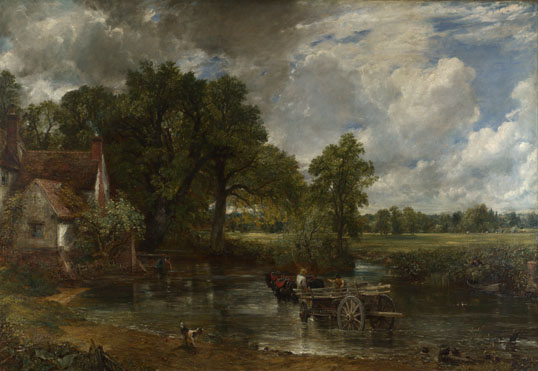Marxism
is :
a political manifesto, leading to socialism,
communism and the twentieth century conflicts between capital and labour
a philosophical approach to the social
sciences, which focuses on the role of society in determining human behaviour,
based on concept of dialectical materialism
Capitalism
- control of the means of prodcution in private hands
- a market where labour power is brough and sold
- production of commodities for sale
- use of money as a means of exchange
-competition / meritocracy
Marx concept of base-
forces
of production - materials, tools, workers, skills,
etc.
relations
of production - employer/employee, class,
master/slave, etc
Marx concept of superstructure
social
institutions - legal, political, cultural
‘In the social production of their life
men enter into definite, necessary relations, that are indispensable and
independent of their will, relations of production which correspond to a
definite stage of development of their material productive forces. The sum
total of these relations of production constitutes the economic structure of
society, the real foundation on which rises a legal and political
superstructure and to which correspond definite forms of social consciousness.
The mode of production of material life conditions the social, political and
intellectual life process in general. It is not the consciousness of men that
determines their being, but on the contrary it is their social being that
determines their consciousness.
At a
certain stage in their development, the material productive forces of society
come into conflict with the existing relations of production ...
…From forms of development of the productive forces, these relations
turn into their fetters. Then begins an era of social revolution.
With the change in economic foundation the
whole immense superstructure is more or less rapidly transformed. In
considering such transformations it is always necessary to distinguish between
the material transformation of the economic conditions of production, which can
be determined with the precision of natural science, and the legal, political,
religious, artistic or philosophic, in short, ideological forms in which men
become conscious of this conflict and fight it out.’
Marx, (1857) ‘Contribution to the critique of Political
Economy’
Pyriamid of Capitalist system
The State '...but a comittee for managing the common affairs of the whole bourgeoisie'(marx and engels (1848) 'communicst manifesto)
Instruments of the State Ideoligical and Physical Coercion
The bourgeoisie
The Proletariat
IDEOLOGY
1. system of ideas or belief
2.masking, distortoin, or selection of ideas, to reinforce power relations, through creation of 'false consciousness'
the ruling class has to - represent its interest as the common interest of the members of society, to give its ideas the form of univeraslity and represent them as the other rational universally valid ones. Karl Marx (1846) The German Ideology
IDEOLOGY
1. system of ideas or belief
2.masking, distortoin, or selection of ideas, to reinforce power relations, through creation of 'false consciousness'
the ruling class has to - represent its interest as the common interest of the members of society, to give its ideas the form of univeraslity and represent them as the other rational universally valid ones. Karl Marx (1846) The German Ideology
Raphael,
as well as any other artist, was conditioned by the technical advances of art
which had been made before him, by the organisation and division of labour
in his locality, and finally, by the division of labour in all the countries with which his
locality was in communication. Whether an individual like Raphael develops his
talents depends entirely on demand, which in turn depends entirely on the
division of labour and the educational conditions of men
which result from it…
The
exclusive concentration of artistic talent in single individuals and its
suppression in the broad mass of people which this entails is a consequence of
the division of labour…
With
a communist organisation of society, there ceases, in any event,
the subsumption of the artist under local and national
limitations, which ensues solely from the division of labour,
and there ceases the subsumption of the individual under one determined
art, whereby he is exclusively a painter, a sculptor etc. and already his
designation sufficiently expresses the limitation of his commercial career and
his dependence on the division of labour. In a communist society, there are no
painters, but at most men, who, among other things, also paint’
Marx, 1845 the german ideology
The
Hay Wain
1821, John Constable
AURA
The mona lisa, reproducting the famous. Reproductions can be kitch. Most people know what the mona lisa is, much less of them have ever seen the painting in life.
The feeling of the image when inside the glourous building of La Louvre, then behind a barrier, on a wall and behind a sheet of bulletproof glass, then finally in its frame.
•Marxist
philosophy sees culture as emerging from, and reflecting, economic factors and
related class antagonisms (Materialism)
•‘Art’
could be thought of as a form of ideology, that produces ‘false consciousness’
and maintains the status quo
•Political
Art practices seek to challenge the ideological and institutional discourses
surrounding and legitimising ‘Art’



